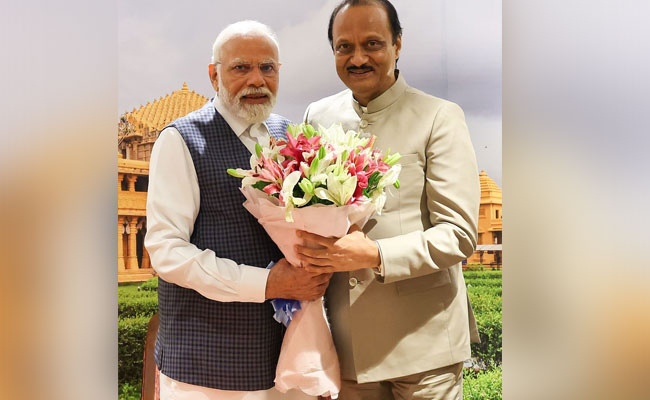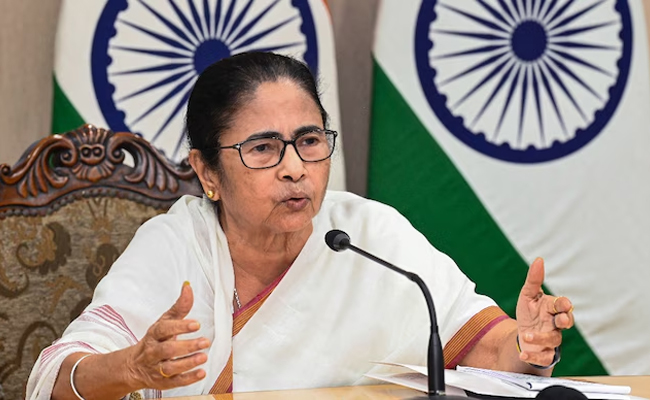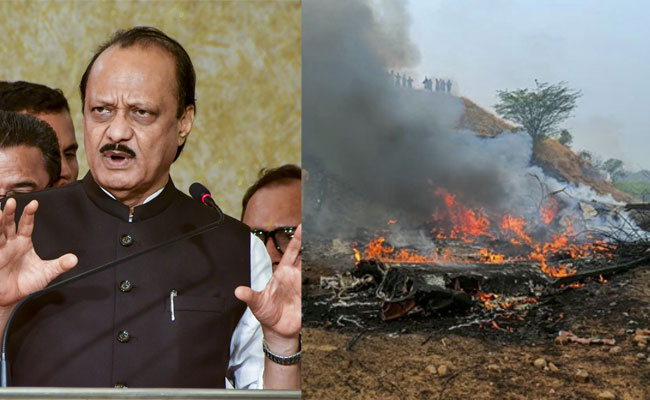The core of literature is protesting the power politics. This has been its lifeblood since long. The literature that seeks to stand on the side of power does not have a long shelf life.
Hence, the ‘court poets’ could not sustain for long and were never able to reach the people. The literature that chose to document history, standing in the open, amidst people facing sun and rain, could write with honesty and integrity. Staring from the pride of Kannada, Pampa to the recent contemporary writer Champa (Chandrashekhar Patil), state has always tried to keep them under ‘control’.
This is not limited to Karnataka or India alone. Mega awards have been set up to buy out the writers. For the same reason, many esteemed writers lost out on Nobel prize despite deserving it richly. Today, more than the writers that have won the honour of awards such as Nobel or Jnanpith, the ones that have rejected those or were kept out of the race are being seen as good and engaging writers.
This friction between the state and literature is not a new phenomenon. The state tries to bind the literature through Brahminical hegemony. This is an easy deal in a country like India. The recently concluded Kannada Sahitya Sammelana was testimony to an uncivil practice of pronouncing women as symbols of auspiciousness or the lack of it, from its stages where such differences had to be protested and mitigated.
The lit fests in India are an excellent example of how the privileged priestly class is hijacking the core agenda of literature itself. At one level, efforts are on to ‘take control’ of the said category and on the other, all attempts are being made to keep dissenting voices out of the fests. This is not limited to Karnataka alone, but in the entire country. In the neighbouring Maharashtra, writer Nayantara Sehgal was invited to inaugurate the 92nd Akhil Bharatiya Marathi Sahitya Sammelan to be held in Yavatmal on January 11. The organisers then withdrew the invitation rather abruptly.
This has not only invited criticism but also widespread condemnation of the act by the organisers. This has given rise to many questions in the minds of writers, believers in democracy and readers alike. Withdrawal of an invitation never reflects well on any organization or event. This causes loss of face to the organisers more than the invitees. How can such decisions even dent the battle that has been waged to protect the values of democracy.
The Akhil Bharatiya Marathi Sahitya Mahamandal has a dignity and image to itself. This has been dealt a serious blow with the withdrawal of invitation. Secretary has resigned from his post protesting this uncivil move. Which means, even within the board, this was not a decision that was supported unilaterally. Sehgal has been kept out owing to the pressure exerted by the external forces.
The government has developed some sort of discontentment towards writers who have been part of the strong dissenting forces who spoke against growing intolerance. Some writers even made hay when this sun was shining, to push their own agenda and impress the government.
On one hand, writers are putting everything they have earned on line, including their own lives sometimes, and on the other, there is a set of writers that is standing on their toes to impress upon the government. Writers like S L Bhyrappa became national professor. Some writers who started out as socialists have now silently changed their ideological camps to stay on the right side of the government.
All those writers who ridiculed the right ideology are now feigning ignorance about it. At the same time there is a set of writers who have visibly protested and stood against the intolerance exhibited by the Modi government. Some writers who were soft rightists have vocally opposed the failures and discrepancies of BJP led government, to earn the wrath of right wingers.
Some writers who would pride themselves to be left and socialists, have turned into full time trumpets of BJP led government. This is the same gang of writers who have ensured Sehgal was humiliated. A writer who would be a silent witness to wrongs prevailing in the society at the order of state, is worse than a colour changing politician.
Because those who read the writer, may never be able to see his personal agenda shifting and can be misled into following him. This is the reason why the politicians want writers to write favourably for them. An age old threat practice of lodging sedition cases against writers whom they dislike. Sometime ago, writers who spoke against state, were only denied the awards.
But today the situation is different. Those writers who speak against the state and government can be branded as terrorists or cases be lodged against them with imminent arrests.
Hence, some writers who fear this action by the state, have resorted to silence. A very small section of the writers is speaking in rather certain loud voice against what they deem as injustice and intolerance at the risk of their own lives.
Now everyone knows why Sehgal was denied the opportunity to participate in Marathi Sammelan. The government feared she may use the stage to convey some uncomfortable truths that are unknown to people and uncomplimenting to the government. The state may not have had a direct role in withdrawing invitation to Sehgal, but it has surely used the organisers who are on its side.
Yet, Sehgal has been successful in conveying her words, even without having to stand on that dais. Through her, the country now knows how the literature is being stifled at the hands of powerful dictators. Slaves sing paeans to the king when they stand in his court. A real poet, writer speaks standing on the street and much against the king. He owes it to his times and his people. People like Kalburgi and Gauri lost their lives doing exactly this.
But today, they are well etched into the public memory. They are the inspiration to those who want to fight the state. Today we shouldn’t look for literature in lit fests but on the streets, in jails and the witness boxes of courts. This is where the literature is taking shape. For someone like Kambar, literature may be some munchies post a hearty meal.
But for a genuine writer, it is the test of fire and one needs courage to pass through that. The country is looking forward to seeing more such talents emerge from country’s alleys.
Let the Truth be known. If you read VB and like VB, please be a VB Supporter and Help us deliver the Truth to one and all.
New Delhi (PTI): Prime Minister Narendra Modi on Wednesday said the death of Maharasthra deputy chief minister Ajit Pawar in a plane crash was untimely and very shocking.
In a post on X, Modi said Ajit Pawar was a leader of the people with a strong grassroots level connect.
Pawar, 66, and four other persons were killed after an aircraft carrying them crashed near his hometown Baramati in Pune district on Wednesday morning, officials said.
"Shri Ajit Pawar Ji was a leader of the people, having a strong grassroots level connect. He was widely respected as a hardworking personality at the forefront of serving the people of Maharashtra.
"His understanding of administrative matters and passion for empowering the poor and downtrodden were also noteworthy. His untimely demise is very shocking and saddening. Condolences to his family and countless admirers. Om Shanti," Modi said.





